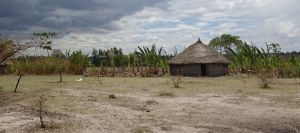
Good Deeds out of Goodwill
Author: Alex Ip But I did not want to do anything without your consent, so that any favour you do would not seem forced but would be voluntary. Philemon 14 Paul specifically mentioned in Philemon 14 that he did not want Philemon to do what he deemed suitable but to do what was out of Philemon’s wish. An enslaver should be able to spot Paul’s underlying value: ‘not to force others but respect their freedom’. In a society where you could control a slave’s life or death, Philemon, as an owner of slaves, might have gotten used to exercising his power and forgotten the humanity of slaves. He was used to an owner’s identity and forgot that slaves were










